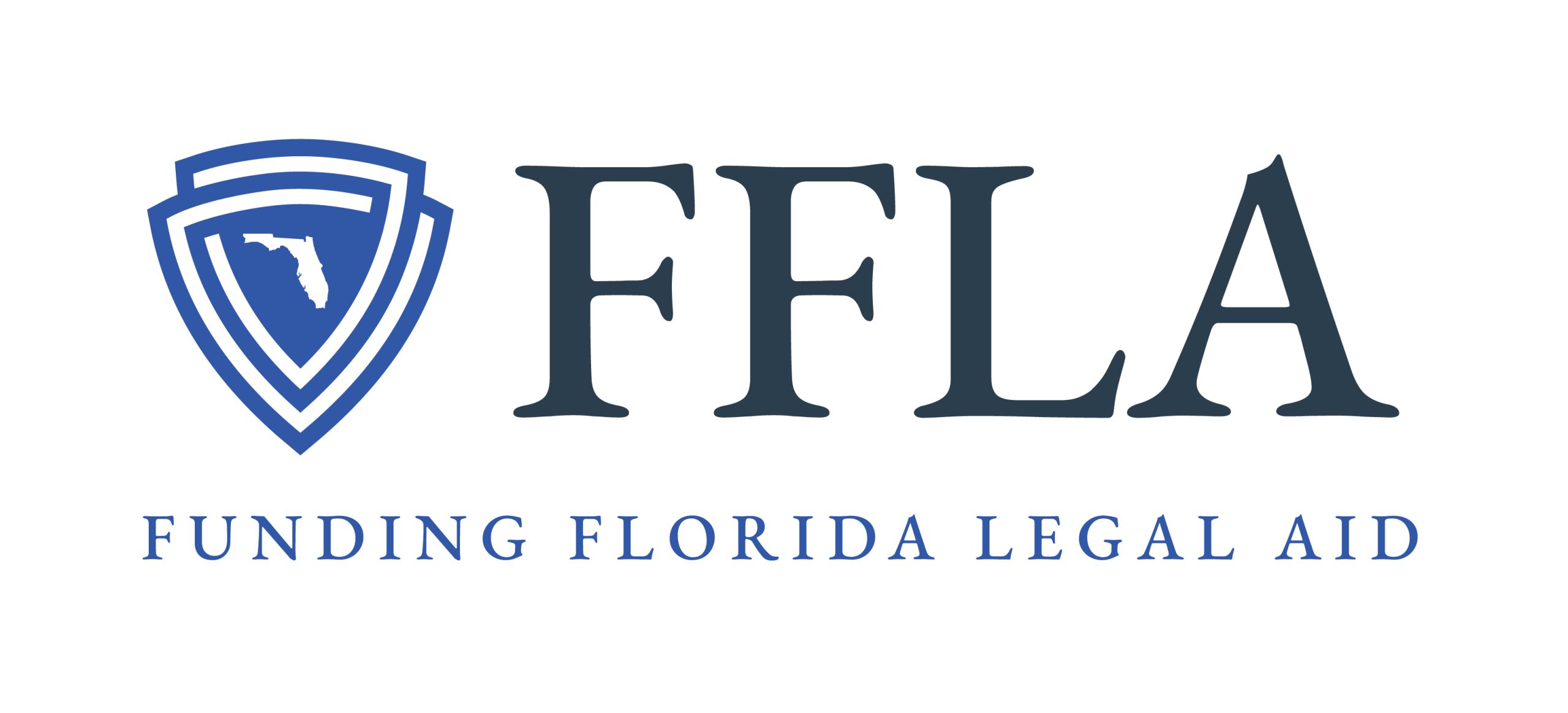Rental Property Problems after Disaster
If you rent a home or an apartment that was damaged or destroyed by a natural disaster, you may experience problems with your landlord or struggle to have repairs completed on your residence. When a rented property is damaged due to a disaster, it is common to have questions about whether you (the tenant) or your landlord are responsible for making the necessary repairs. Most leases have terms that say what happens if your rental property is damaged by a disaster. The law gives you rights as a tenant to help you with disaster recovery as well. Community Legal Services can help you deal with rental property issues in natural disaster recovery.
If you are facing housing issues and you live in Orange County, please call 1-800-533-0091
WHAT ARE YOUR RIGHTS?
As soon as it is safe, inspect your residence to figure out what damage occurred as a result of the disaster. Immediately tell your landlord about the property damage to your residence. Your landlord can arrange for repairmen to come to the property. Ask your landlord to keep you informed of the plans and timeframe for the repairs.
The best way to notify your landlord is with a written request for repairs. In your request, ask how long it will take for repairs to be completed. Mail your written repair request using certified mail with a return receipt or a service that tracks delivery (UPS, FedEx, USPS mail). Keep the return receipt for your records.
It is best to have all your rent payments current when you ask your landlord for repairs. But, if you owe rent to your landlord, it is not a reason for your landlord to refuse to complete the necessary repairs.
When a disaster occurs, you should re-read your lease to understand the repairs that you and landlord are responsible for making on the residence. If you don’t have a copy of your lease, ask your landlord for one. Even if the lease is a verbal agreement, your landlord still has a legal responsibility to make the necessary repairs.
When a disaster occurs, the most important term in your lease is the rent abatement or lease termination provisions. You have the right to terminate your lease if a significant part of the property is damaged or completely unusable. You also have the right to reduced rent until the property is completely repaired.
Rent abatement: This is a term in your lease that says in the event the property is damaged, the landlord will allow you (the tenant) to suspend paying rent or only pay a portion of the rent until the property is repaired.
Lease termination: A lease agreement doesn’t end just because there was a disaster. Either you or your landlord must act for the lease to formally terminate. Even if your building is non-livable, your landlord must still give you official notice that terminates the lease agreement. If you or the landlord choose to terminate the lease, you are entitled to:
(a) a refund of rent paid from the date that you move out, and
(b) the return of your security deposit, minus any lawful deductions.
If you live in an apartment complex, your landlord might offer to let you relocate into another undamaged unit. If you decide to relocate to another unit, you are not required to sign a lease for a longer period than your original lease term. If you do not vacate (for example, you disagree that the property is uninhabitable), the landlord must go through a court process to evict you.
If you have a written lease, read your lease to see what it says about getting your security deposit back after you move out because of a disaster. If you do not have a written lease, or your lease does not say anything about this type of event, then the landlord must either:
(1) return your deposit within 15 days after you move out, or
(2) send you a letter, by certified mail, within 30 days stating the reason why they will not return your deposit. Then, you have 15 days to object in writing, or the landlord will be allowed to keep the security deposit.
Before you leave your apartment, you must give your landlord your new address. If you and your landlord disagree about whether you should get your deposit back, you can call an attorney at CLS for assistance. We can explain how you can take your landlord to small claims court to get back your security deposit.
A rental property that is completely unusable for residential purposes is considered “uninhabitable”. When your residence is uninhabitable, either you or your landlord may terminate the lease by giving written notice any time before repairs are completed.
Try to negotiate a suspension or reduction of rent, but unless your lease allows this or you live in public housing, you can only get reduced rent when the landlord fails to make repairs you properly requested, and then you sue your landlord.
If you terminate your lease, you are responsible only for prorated rent due up until the date you move. You will still owe any charges that accrued up to that point, including past-due rent.
Prorated rent is when an amount for lack of use is subtracted from the total amount you would normally owe.
For example, if your rent is $1,000 a month and you are forced to vacate the space on July 15th, you may want to pay only for 15 days of that month. $1,000 divided by 31 days in July is approximately $32.26 a day. Multiply the daily rate by the number of days you lived there to determine a prorated rent amount for any given month. $32.26 times 15 days = $483.90 as a fair prorated amount.
Make a written and dated request for return of your security deposit with a forwarding address where it can be sent. You should know that if there is damage to the property not caused by the disaster and not caused by normal wear and tear, your landlord can withhold some or all of your deposit. If the landlord keeps part of your security deposit, they must give you a written, itemized accounting of the repairs cost.
A leased property is partially unusable for residential purposes if you can still live there while repairs are being made. If the leased property is only partially unusable, you are not simply entitled to terminate the lease, but you might be entitled to a partial rent reduction.
Your priority in this case would be to make sure that you have made a proper repair request to your landlord so that your landlord is obligated to fix your house/apartment. At that point, you may have rights to pursue the rent reduction that you are entitled to.
If the property was insured, your landlord does not have to start repairs until they receive the money from the insurance company.
If you live at the property, you must keep paying rent according to your lease. You can ask your landlord to reduce your rent because you are not getting full use of the property.
If your landlord agrees to a temporary rent reduction, get a written, signed agreement. If you can’t agree to a reduction and the lease doesn’t prohibit rent reductions, you can sue your landlord to get a court order for reduced rent.
You have the right to reduce your rent in proportion to the damage to the unit. If your apartment is unlivable, you can move out. In either case, you should send a certified letter to your landlord telling them of your actions. Please contact an attorney for more information on what you can do based on your situation.
Generally, your landlord is not responsible for loss or damage to your personal belongings. In most cases, landlords are only responsible for the housing unit itself– unless your lease says otherwise. Damages for destroyed possessions within your unit may only be recoverable if the landlord’s negligent behavior contributed to your losses.
If you had renter’s insurance at the time of the disaster, contact your insurance company. It is also advisable to determine whether your housing is in a flood zone prior to moving into the apartment or house. If your unit is in a flood zone and you do not obtain flood insurance, and you suffer losses as a result of flooding, then you might not be eligible to recover from FEMA for your losses. If your situation is desperate, make sure you describe your situation to the insurance company. If the insurance company agrees to cover your loss, you can ask for an advance payment to cover part of your loss.
If you did not have renter’s insurance, ask if your landlord had insurance to cover your belongings. If your losses are not covered by any insurance policy, you may be able to get Individual and Household Program (IHP) money from FEMA to replace necessary items of personal property such as clothing, household items, furnishings and appliances. You may apply for these benefits through FEMA at 1-800-621-3362 (hearing/speech impaired 1-800-427-5593) or online at www.disasterassistance.gov.
Florida law does not permit a landlord to just lock you out, turn off the utilities, or use any other “self-help” means to get you to leave. The landlord must file an eviction action in court but only the judge may enter a final judgment of eviction and require you to vacate, unless you and the landlord make another agreement. Before filing an eviction case against you in court, the landlord must give you some type of written notice to move.
If you get any eviction court papers, you can call CLS for information on how to proceed, which may also include your requirement to file your initial answer to the eviction lawsuit or to deposit money into the court registry, if so required.
If the landlord does lock you out, you can call the police, and you should consult a lawyer to find out about an action for damages.
WHAT DO YOU NEED TO DO?
First, you must let your landlord know about the damage to the property in writing. You may send your notice by certified mail or hand delivery. This will create a record of your attempt to notify landlord of the needed repair request. Next, send your landlord a Notice to Pay Reduced Rent or Terminate the Lease Due to Casualty Damage. In the notice, tell the landlord of your intention to pay reduced rent until repairs are made or terminate the lease and immediately vacate the property.
Under Florida law, you are not allowed to simply make repairs yourself and subtract the costs of those repairs from your rent payments. Therefore, your landlord must agree in writing before repairs are made or the costs of the repairs is withheld from the rent.
Your landlord may be experiencing financial hardship until their insurance company pays out money for repairs. You may want to talk to your landlord to see if the rent can be reduced until the apartment is repaired. Suggest to pay rent only for the part of the home still livable.
If you live in an apartment complex, you may want to check if the landlord will allow you to move to another unit in the building that is livable.
WHAT TO CONSIDER BEFORE TAKING ACTION?
The Small Business Administration (SBA) provides low-interest disaster loans to homeowners, renters, and businesses entities to repair or replace real estate, personal property, machinery and equipment, inventory, and business assets. Reach the SBA at 1.800.FED.INFO or click here to learn more.
More information is available on the FEMA Claims and Appeals page.
Consider your options before you allow your rental to go into eviction. A judgment for eviction stays on your record for a lengthy period of time. That may make it hard to find new places to rent in the future.

 Home
Home








